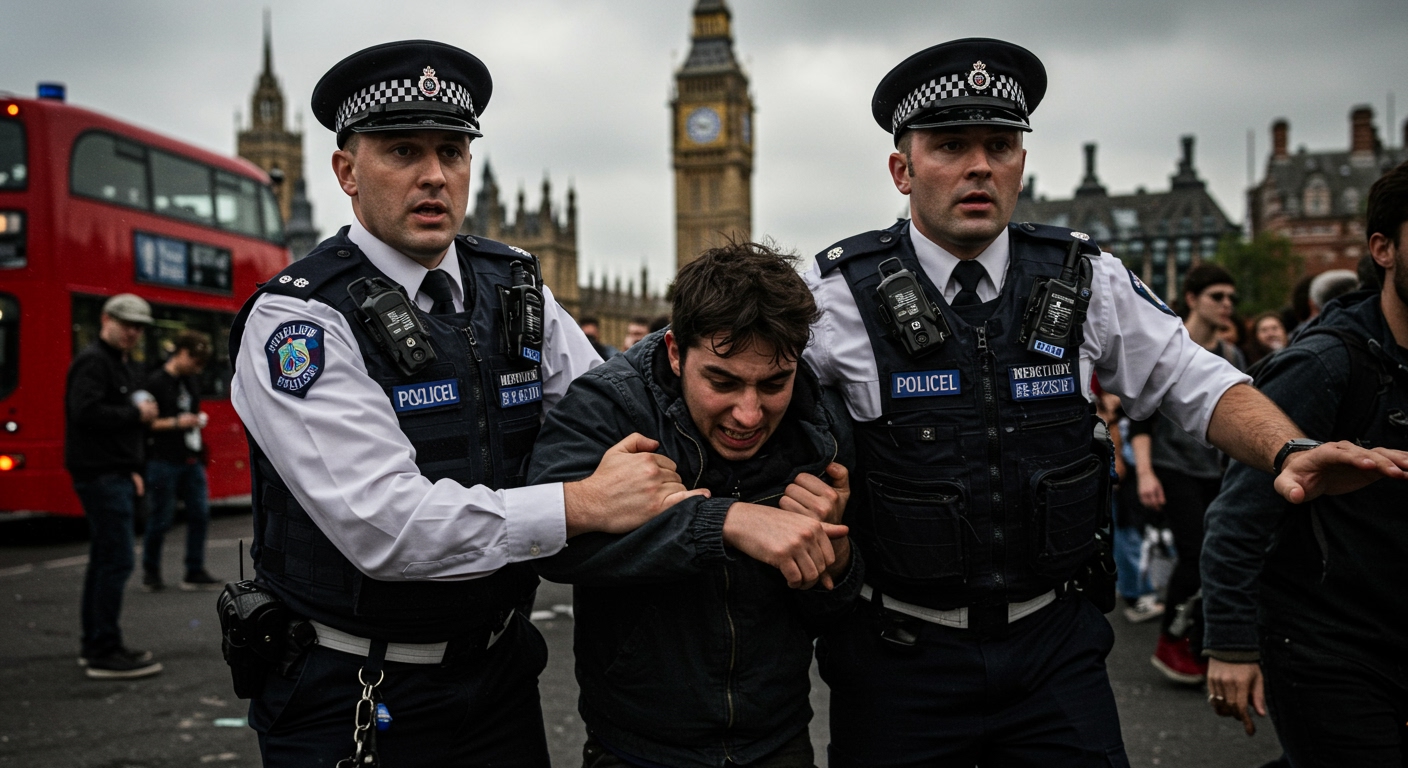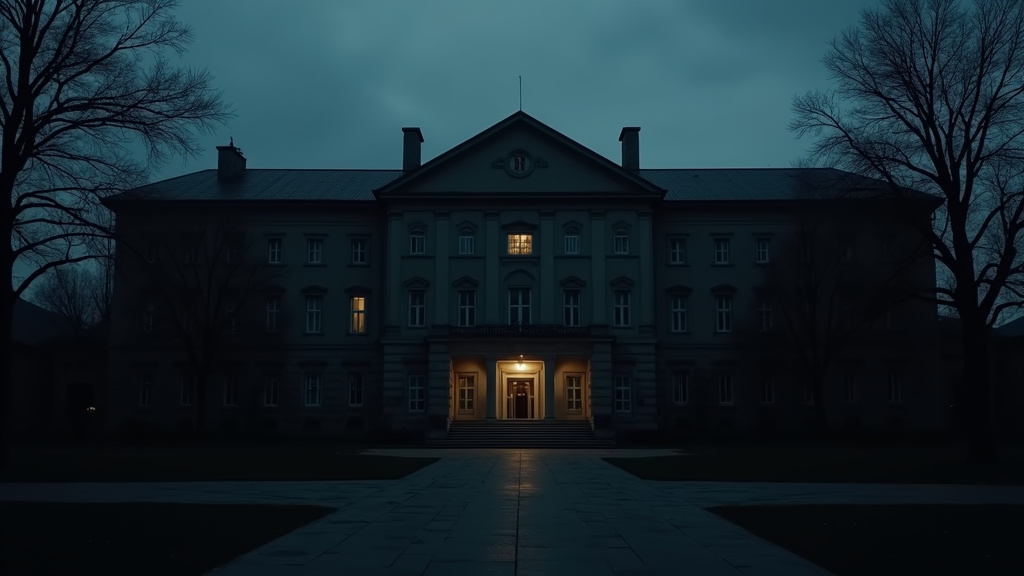LONDON – More than 20 individuals were apprehended by police in central London on Saturday, July 5, 2025, during a demonstration held in Parliament Square. The protest was staged in explicit support of the group Palestine Action, hours after a newly enacted ban on the organisation officially came into force.
The arrests were made by officers from the Metropolitan Police Service on suspicion of offences under the Terrorism Act 2000. The legal proscription of Palestine Action, which took effect at midnight on Saturday following the group’s unsuccessful late-night legal challenge at the Court of Appeal on Friday, renders membership of or support for the organisation a criminal act.
Legal Status and Penalties
The ban represents a significant legal shift concerning activism related to the Israel-Palestine conflict in the United Kingdom. Under the provisions now active, any individual found to be a member of Palestine Action, or providing material or moral support to its activities, could face severe penalties. The maximum sentence for such offences is stipulated as up to 14 years in prison.
The timing of the ban’s implementation was closely linked to a high-profile incident in which Palestine Action claimed responsibility for significant damage. On June 20, two Voyager aircraft at RAF Brize Norton in Oxfordshire were targeted. Police investigators subsequently estimated the damage incurred during this incident to be around £7 million, highlighting the costly consequences attributed to the group’s actions.
The Parliament Square Demonstration
Despite the stringent new legal framework, a number of protesters gathered in Parliament Square on Saturday afternoon. The demonstration reportedly commenced around 1:10 pm. Many participants openly defied the ban, holding signs that explicitly declared ‘I support Palestine Action’. This direct expression of solidarity put demonstrators at immediate risk of arrest under the recently enacted legislation.
Metropolitan Police officers were present at the scene to monitor the unfolding events. As the protest continued, police began making arrests shortly after 1:30 pm. The force provided updates on the situation via their official account on the social media platform Twitter/X. By 2:56 pm on Saturday, the Metropolitan Police confirmed that more than 20 arrests had been made in connection with the protest and suspected breaches of the Terrorism Act.
Context and Implications
The proscription of Palestine Action follows a period during which the group has been involved in numerous disruptive actions targeting companies with links to the Israeli defence industry. These actions have ranged from property damage to protest-related activities aimed at disrupting operations.
The decision to ban the group under terrorism legislation has been met with a range of reactions. Supporters of the ban argue it is a necessary measure to curb activities that cause significant damage and disruption, citing the incident at RAF Brize Norton as evidence of the group’s impact. Critics, however, raise concerns about the use of terrorism legislation against what they may view as political protesters and the potential implications for freedom of expression and the right to protest within the UK.
The arrests in Parliament Square underscore the immediate and tangible consequences of the ban. They serve as a clear indication that authorities intend to enforce the new law robustly, treating public displays of support for Palestine Action as potential criminal offences under the Terrorism Act 2000.
The events of Saturday, July 5, 2025, in London highlight the escalating legal and political tensions surrounding activism related to the Israeli-Palestinian conflict in the United Kingdom. The proscription of Palestine Action and the swift arrests of its supporters mark a significant point in the ongoing debate over protest methods, national security, and the boundaries of lawful dissent.





